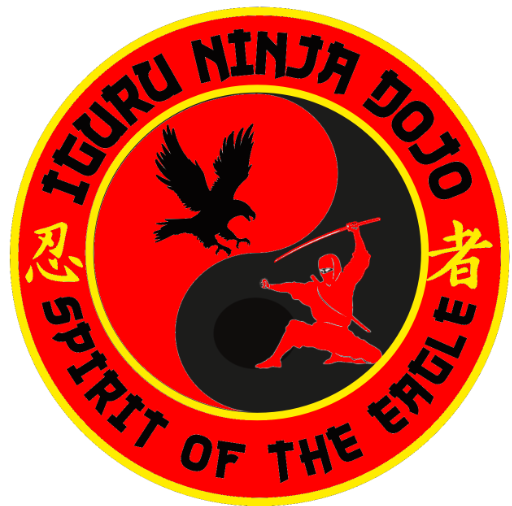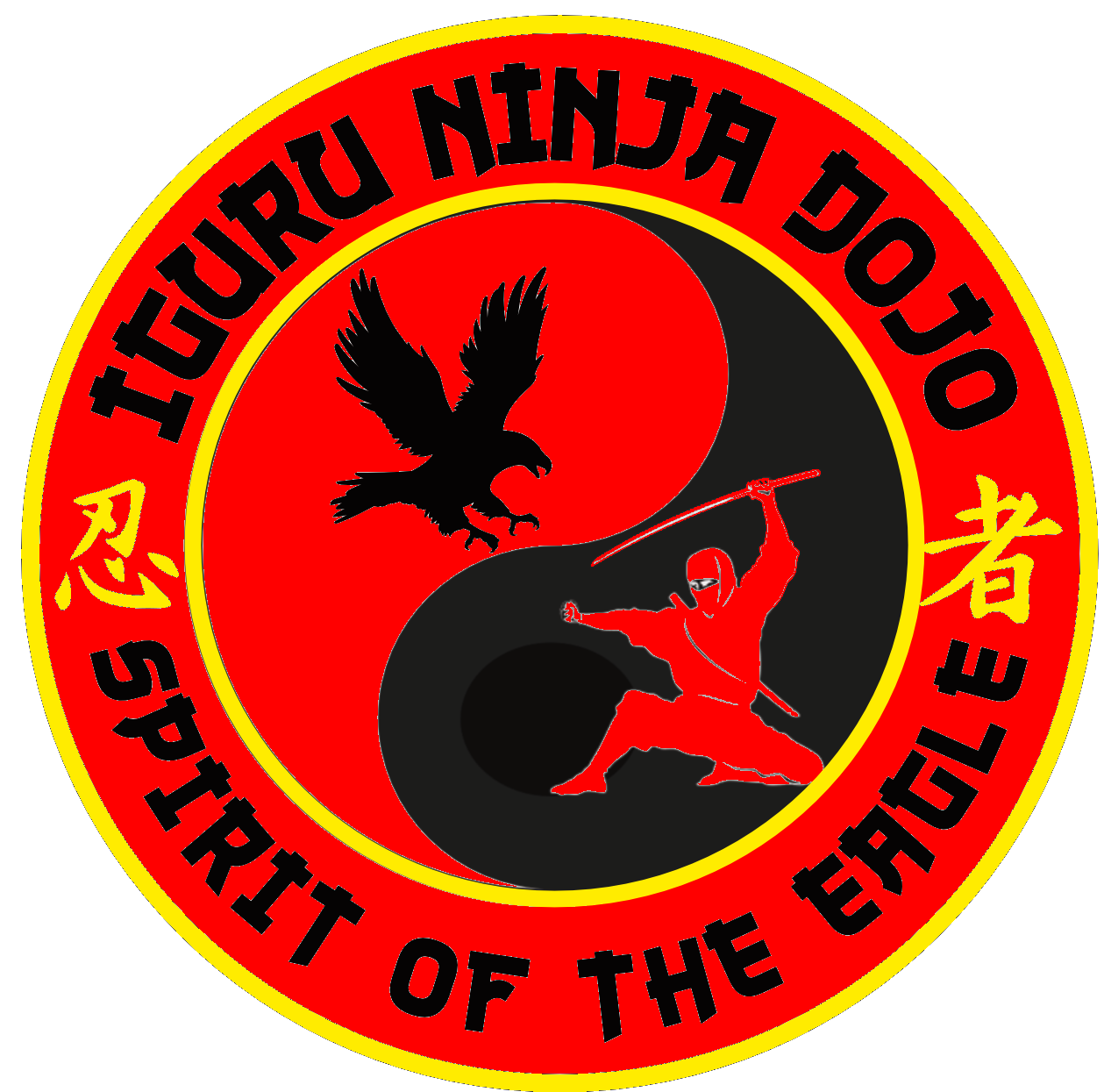DOJO ETIQUETTE
The customs of Ninjutsu may seem a little strange to the beginner, but in reality they differ little from traditional Western considerations.
Respect.
Ninjutsu begins and ends with a bow. Bowing is a sign of respect – both to your instructors and fellow students. Do not feel embarrassed to bow. It is considered quite natural in Ninjutsu, both inside and outside the Dojo, and failure to observe this courtesy is in fact an insult to your fellow student – remember that. Bow, don’t worry about other people, they don’t understand, and for you it is just beginning.
A lesson begins with the Jonin (or highest grade present), performing the opening ceremony, and ends with them performing the closing ceremony. The instructor also bows – there is mutual courtesy. As a rule, the higher the grade, the greater the respect shown – because higher grades have trained longer and gained a deeper understanding of the art. Respect is not assumed, it must be shown. A lack of bowing indicates lack of respect, not ignorance. It is the duty of the student of the highest rank to ensure that the etiquette of a Dojo is correct, and he/she/them is authorised by the Jonin to verbally reprimand any student who falls short in this respect.
“Hai Sensei”
Hai Sensei is a phrase with many meanings. In terms of etiquette, bowing is a visual sign of respect, to say “Hai Sensei” when bowing can be seen as a sign of verbal respect. “Hai Sensei” is often used by a student when he is corrected by his instructor, for example. It means that he understands. There is much less distance between students than between students and instructors. One student can greet another with, for example, “Hai Simon”.
Now the general dojo etiquettes are covered, here is our Code of Conduct. Together, these form the basis of a happy, healthy, safe and respectful school. Please read it carefully BEFORE you start your training and remember to follow each code.
IGURU NINJA CODE OF CONDUCT
- Never arrive late to a class; punctuality is proof of sincerity and sets an example for other students. We expect all students to arrive AT LEAST 15 minutes before the start of a class.
- Always ensure that your Gi (Ninjutsu suit) is clean and in good condition and your belt (Obi) is properly fastened.
- Never wear jewellery of any kind.
- Toenails and fingernails should be kept clean and short. Foot care is fundamental. If you have verrucas, foot fungus or any contagious condition, you should not train.
- Make sure your phone is switched off or in silent mode at ALL times.
- Senior Instructors should be addressed by their appropriate title, i.e. Sensei, and not by their name, as this sets a bad example to fellow students.
- All students with grades above 5th Kyu must attend classes on exam days, even if they do not take exams themselves; as an example for other Kyu grades.
- All students with grades above 5th Kyu should try to attend all social functions and open days.
- Always show due respect to seniors, for example by bowing to seniors first.
- If you are senior, do not look down upon the lower graded students; Treat them as you would want to be treated yourself.
- Do not stand around talking during lessons in the Dojo; this sets a bad example for other students.
- When teaching, be positive towards other students; do not make them feel inferior.
- Out of respect, all students should inform the Jonin in advance if they cannot attend classes, assessment days or open days.
- If there is something that you are unsure of, the proper procedure is to ask a higher ranking student or the instructor. If you have a question during class, please raise your hand so that your instructor can respond.

